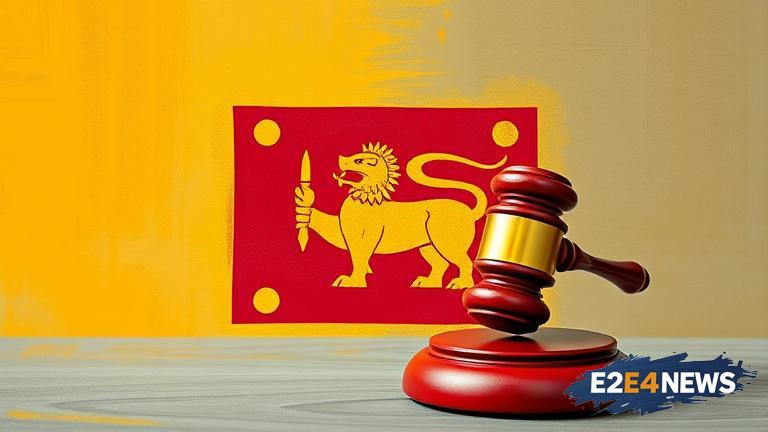Sri Lanka has taken a significant step in regulating e-commerce imports by imposing border taxes on all goods, regardless of their value. The move, which came into effect recently, eliminates the de minimis threshold, which previously allowed imports of low-value goods to enter the country duty-free. The decision is expected to impact online shoppers, e-commerce businesses, and the overall economy. According to officials, the government aims to increase revenue and regulate the growing e-commerce sector. The new regulation requires all e-commerce imports to pay applicable duties and taxes, including value-added tax (VAT) and other levies. This means that online shoppers will have to pay more for their purchases, as the costs will be passed on to them. The government has also introduced a new system for clearing e-commerce goods, which will involve the Sri Lanka Customs and other agencies. The system is designed to streamline the clearance process and ensure compliance with regulations. However, the move has raised concerns among online shoppers and e-commerce businesses, who fear that it will increase costs and reduce demand. Some have also expressed concerns about the potential impact on small and medium-sized enterprises (SMEs) that rely on e-commerce for their business. The government has argued that the move is necessary to protect local businesses and ensure fair competition. The new regulation is also expected to help reduce the trade deficit, as more revenue will be generated from e-commerce imports. Additionally, the government plans to use the revenue generated from e-commerce taxes to fund development projects and improve public services. The move is part of a broader effort to regulate the e-commerce sector, which has grown significantly in recent years. The government has also introduced new regulations for e-commerce businesses, including requirements for registration and licensing. The regulations aim to ensure that e-commerce businesses operate transparently and comply with tax laws. The government has also established a new task force to monitor e-commerce activities and prevent tax evasion. The task force will work with other agencies to identify and prosecute individuals and businesses that evade taxes. The move has been welcomed by some local businesses, who argue that it will help level the playing field and reduce unfair competition from foreign e-commerce companies. However, others have expressed concerns about the potential impact on the economy and the competitiveness of Sri Lankan businesses. The government has assured that it will continue to monitor the situation and make adjustments as necessary. The new regulation is expected to have a significant impact on the e-commerce sector, and it remains to be seen how it will affect online shoppers and businesses. In the meantime, the government has advised online shoppers to be aware of the new regulations and to factor in the additional costs when making purchases. The move is a significant development in the e-commerce sector, and it will be interesting to see how it plays out in the coming months.
